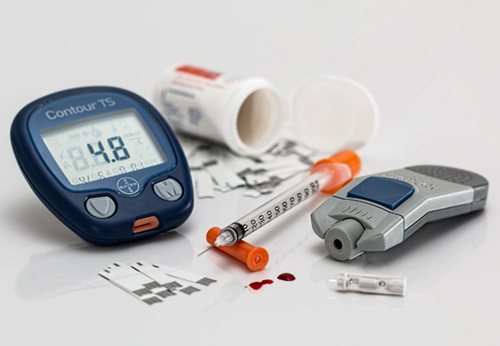Strong Legal Defenses For DUI Law In New Jersey
 Read this article if are interested in knowing:
Read this article if are interested in knowing:
- The options available for pre-trial diversion in a DWI case.
- The top three legal defense strategies we employ for drugged-driving cases.
- The many holes in New Jersey courts regarding breath tests.
Is a pre-trial diversion available in first-time New Jersey DWI Cases?
There are no pretrial diversions available for persons charged with DWI. Also, plea bargaining for DWI cases is illegal in New Jersey. This leaves only two real options: either plead guilty to the charge or go to trial. We generally recommend going to trial unless there is a significant reason not to such as a large concession as to sentencing or if the proof alcohol or drug impairment are so overwhelming that your options in court are limited.
In most cases, observation-based cases can be litigated successfully. Through various pretrial motions, we try to increase the hurdles the State has to overcome to get the ideal outcome. This typically involves asking for certain discovery, consulting with experts, and obtaining expert reports showing weakness in the State’s case. The goal here is to persuade the prosecutor back off the DWI charge and unilaterally represent to a court that the weaknesses in the case justify either excluding the breath or blood test result or dismissing the DWI charge altogether.
What are the best legal defenses that you would use for drugged-driving cases?
Our firm tends to focus on three strategies when defending drugged-driving cases:
- Exploiting foundational errors by prosecutors.
- Compromising breath or blood test results by pursuing full discovery.
- Exploring physiological conditions that undermine the reliability of observations and breath testing.
Some defenses, while scientifically valid, are not legally recognized in New Jersey. These include:
Blood-breath ratio. New Jersey law assumes that the amount of alcohol in 2100 parts of a person’s breath is equivalent to the amount of alcohol in one part of a person’s blood. Scientifically, this is incorrect. Blood-breath ratio not only varies from person to person, but it varies in the same person from time to time. Nonetheless, our Supreme Court has declared blood-breath ratio irrelevant.
Retrograde extrapolation. Blood alcohol concentration when driving may differ from blood alcohol concentration when a breath or blood sample is submitted. In theory, if a person is absorbing alcohol between the arrest and the breath test, their blood alcohol content is actually below the legal limit at the time they were driving, even though the time of the test shows that it was above the legal limit. That can be a scientifically valid defense depending on the particular facts in a case. But our Supreme Court has declared this defense irrelevant except to show a degree of recklessness when recklessness is an element of another offense associated with the DWI charge.
Some medical defenses, however, are admissible and may lead to a persuasive defense:
Contamination. Certain physiological conditions can destroy the assumption about the blood-breath ratio that all vapor entering the breath testing instrument is coming from the lungs. Gastroesophageal reflux disease is a condition where the muscle that closes off the stomach does not do so properly. As a consequence, if there is alcohol in the stomach when a person blows into the machine, that person is delivering vapor not only from the lungs but also from the stomach. The vapor will contain alcohol because the person just drank. If we can document it and the judge believes it, the breath test may become irrelevant, or there may be sufficient doubt about it so that even if it comes into evidence, the judge may choose not to give it any weight. Other physiological conditions include dental appliances like dentures, bridgework, braces, Invisalign®, or foreign materials in the mouth, and use of inhalers.
With the guidance of a skilled attorney for DWI Law, you can have the peace of mind that comes with knowing that we’ll make it look easy. For more information on DWI Law in New Jersey, an initial consultation is your next best step Get the information and legal answers you are seeking by calling (732) 218-9090 today.

Learn your options - call me for your free, 20 min phone consultation (732) 218-9090
